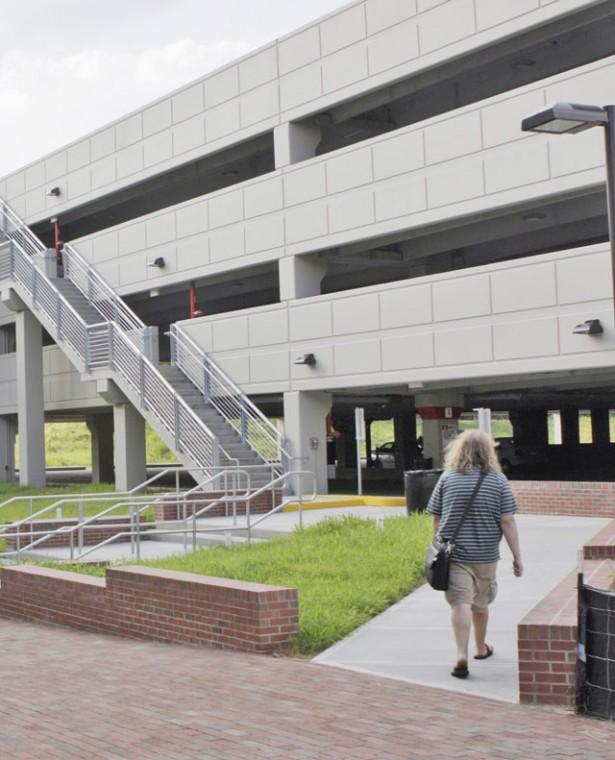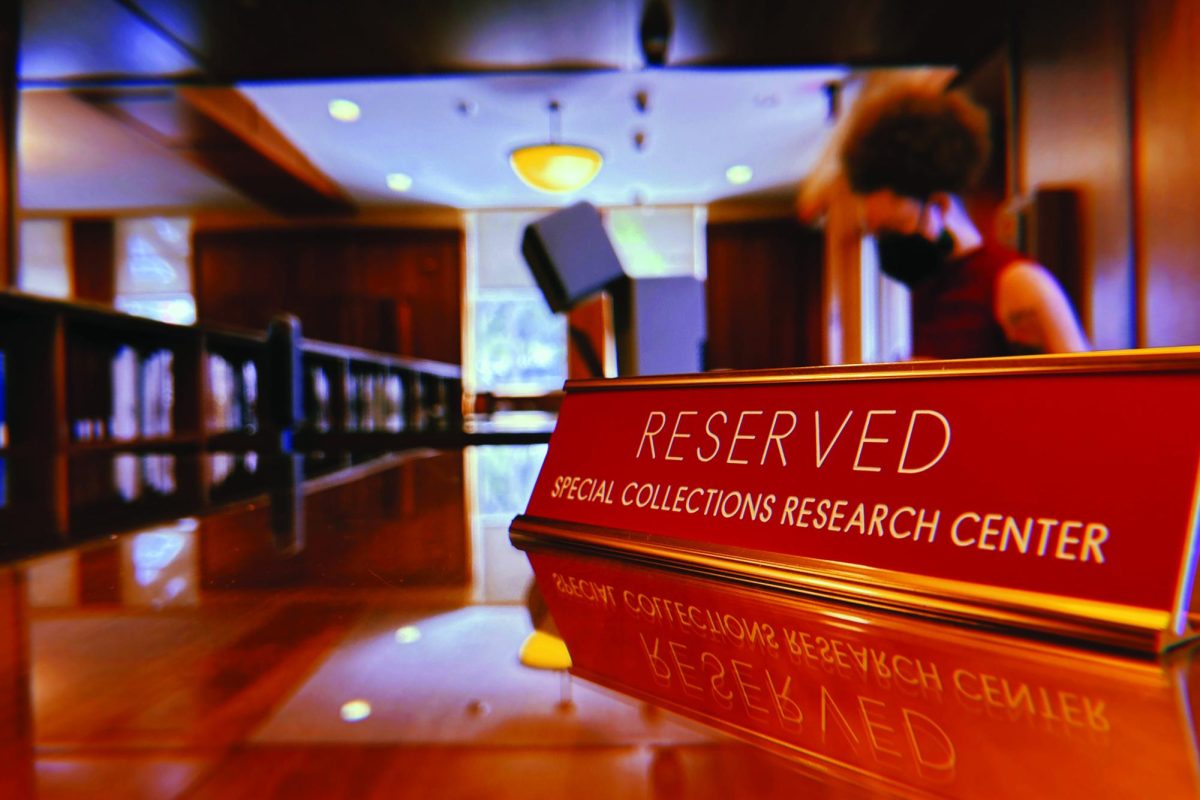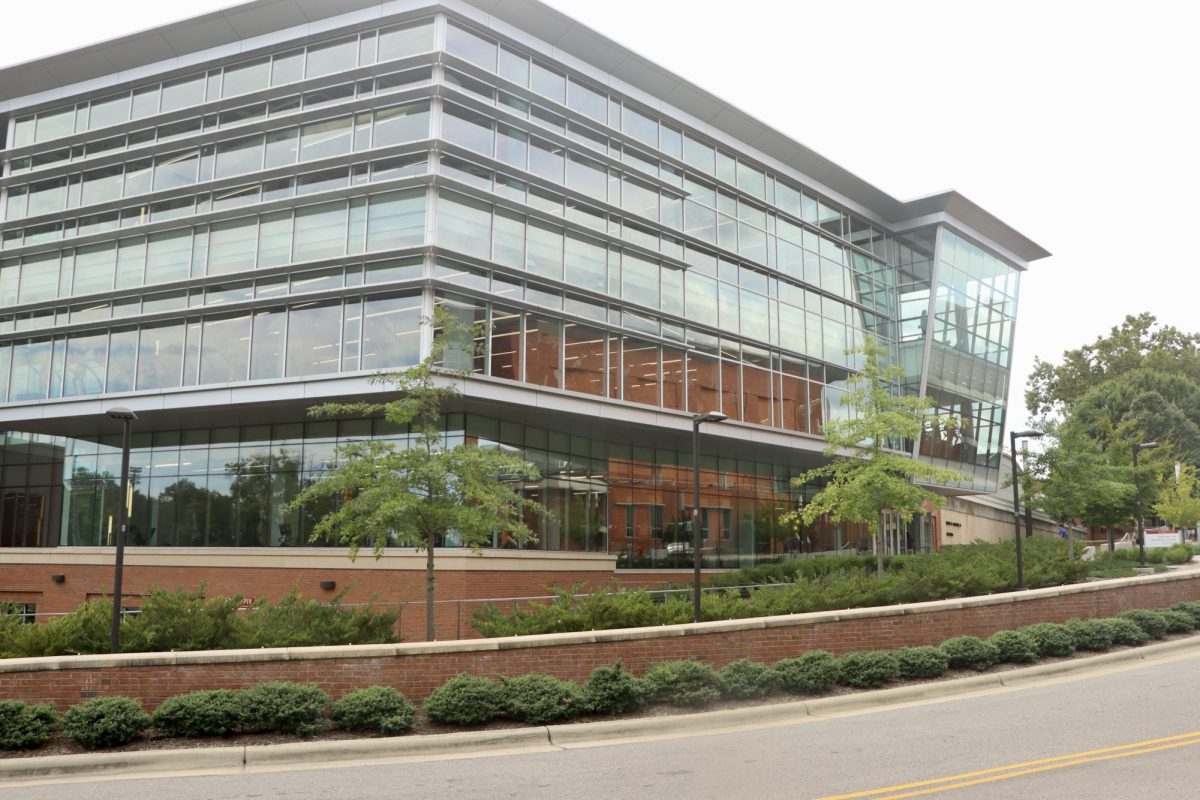Transportation has implemented changes to parking zones around campus, referencing a recent national parking study as reason for the change.
“We’ve implemented a ‘no-cross-parking policy’,” Assistant Director for Parking Greg Cain said. Cain said the new policy will reduce traffic volume, enabling buses and other vehicles to move more freely around campus.
“Overall, there will be less gridlock,” he said. “Traffic is more predictable.”
However, students are not entirely convinced.
“Traffic, especially [on] Dan Allen, is worse than it has been,” Josh Hartman, a senior in livestock and poultry management, said. “Rush hour is about the same as last year.”
Jeffrey Kiefer, a junior in English, thinks traffic is worse, yet remains optimistic.
“I feel like traffic’s been a lot worse due to construction, but I’m hoping that construction will improve it in the long run,” he said. “I don’t know if we can make that judgment yet.”
In addition to reducing traffic, the new zoning rules are also projected to free up more parking spaces around campus and allow more parking permits to be issued.
“Resident parking permits are now being sold at 100 percent,” Cain said. “The new policy allows us to accommodate more people.”
Student reactions to this have been mostly positive.
“[No cross-parking] might be a good thing because you won’t have 500 people trying to park in 300 spaces,” Kiefer said.
Hartman recalled previous experiences with parking on campus. “Generally you’re able to find a space if you get there early,” he said. “But during the day it’s harder.”
In addition to the parking zone changes, the construction of the Partners Way Parking Deck expansion is complete.Located on Centennial Campus, the new extension provides approximately 200 additional permitted spaces and 200 additional pay-lot spaces adjacent to Engineering Building II. The change primarily affects graduate students and employees, but student awareness is not widespread.
Parking permits, although now sold out, were available for the same price as last year’s permits. This marks a departure from the gradual price hike of previous years.
“Due to cost of living, we try to program a 2 percent increase per year for parking spaces. We didn’t do it this year,” Cain said, citing the economy as a reason for the decision.
Even so, students still continue to store their cars off-campus or park in pay-lots.
“I looked into parking on campus,” Kiefer said, “but I think it’s overpriced.”
Hartman touted the convenience of the pay-lots.
“I live off-campus, so I just park in the Coliseum Deck. It’s more convenient,” he said.
Cain said the parking changes will benefit students overall.
“At Greek Village, a few parking spaces were temporarily taken out, but no spaces were lost in the student area [due to construction],” he said. “There are complaints with the new policy, but within a few weeks, everybody should adjust to it.”




